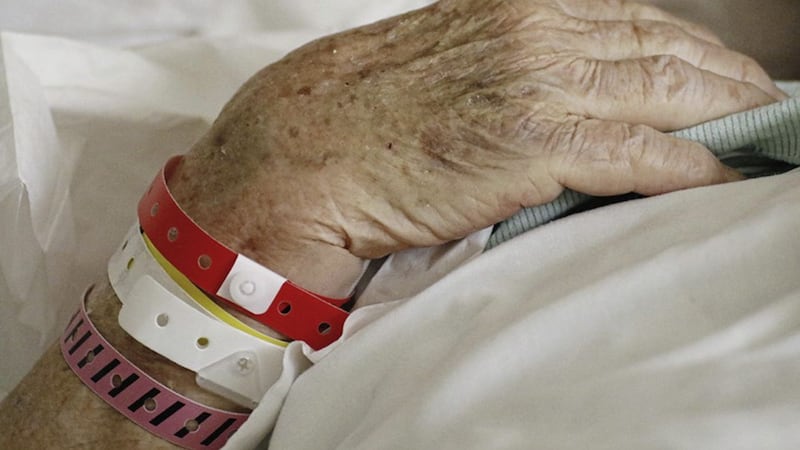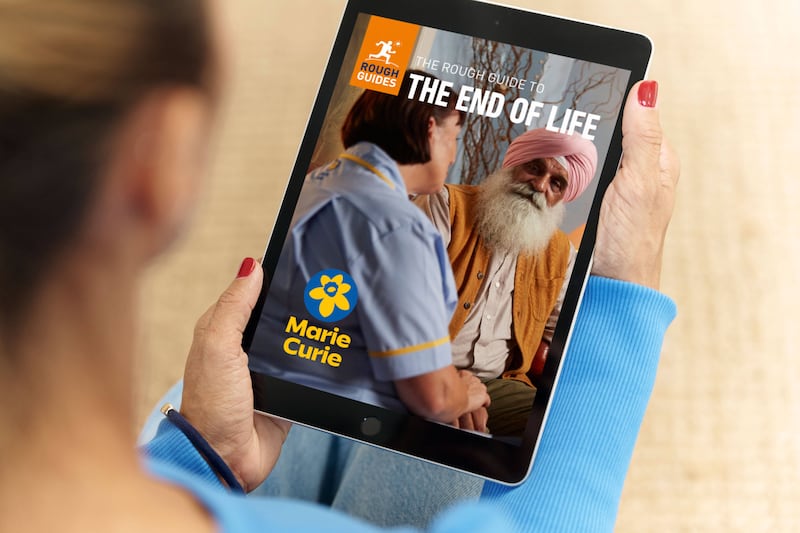A LEADING charity that cares for terminally ill patients has warned its services will be reduced without a functioning Assembly.
With no sign of a breakthrough in the Stormont talks, Marie Curie said the death rate is set to rise faster in Northern Ireland than anywhere else in the UK over the next 20 years and the return of a health minister is urgently required.
Key measures to improve palliative care, including a new workforce strategy for nurses, requires Executive sign-off.
The charity say one in four people in the north who require specialist end-of-life care in the community are currently not receiving it and remain in hospital.
And with a massive increase in the number of patients living with dementia alongside cancer and other diseases, the need for an agreed health budget is pressing, say the charity.
"For people living with a terminal illness, the political deadlock couldn’t have come at a worse time," said Craig Harrison of Marie Curie.
"There is cross-party consensus on the need to reform our health system. The latest set of proposals from Professor Bengoa published by the Department of Health last year, set out a clear road map for transformation, but the political situation has stalled progress.
"This means that people living with a terminal illness are not getting the care and support they need. Research shows that nearly 3,000 local people who need palliative care here are not accessing it.
"The reasons for this include lack of timely diagnosis, which acts as a barrier to accessing palliative care services. This is a major problem for people with dementia, with an estimated 35 per cent of those with the illness having not been formally diagnosed. It's the same situation for other terminal illnesses, too."







